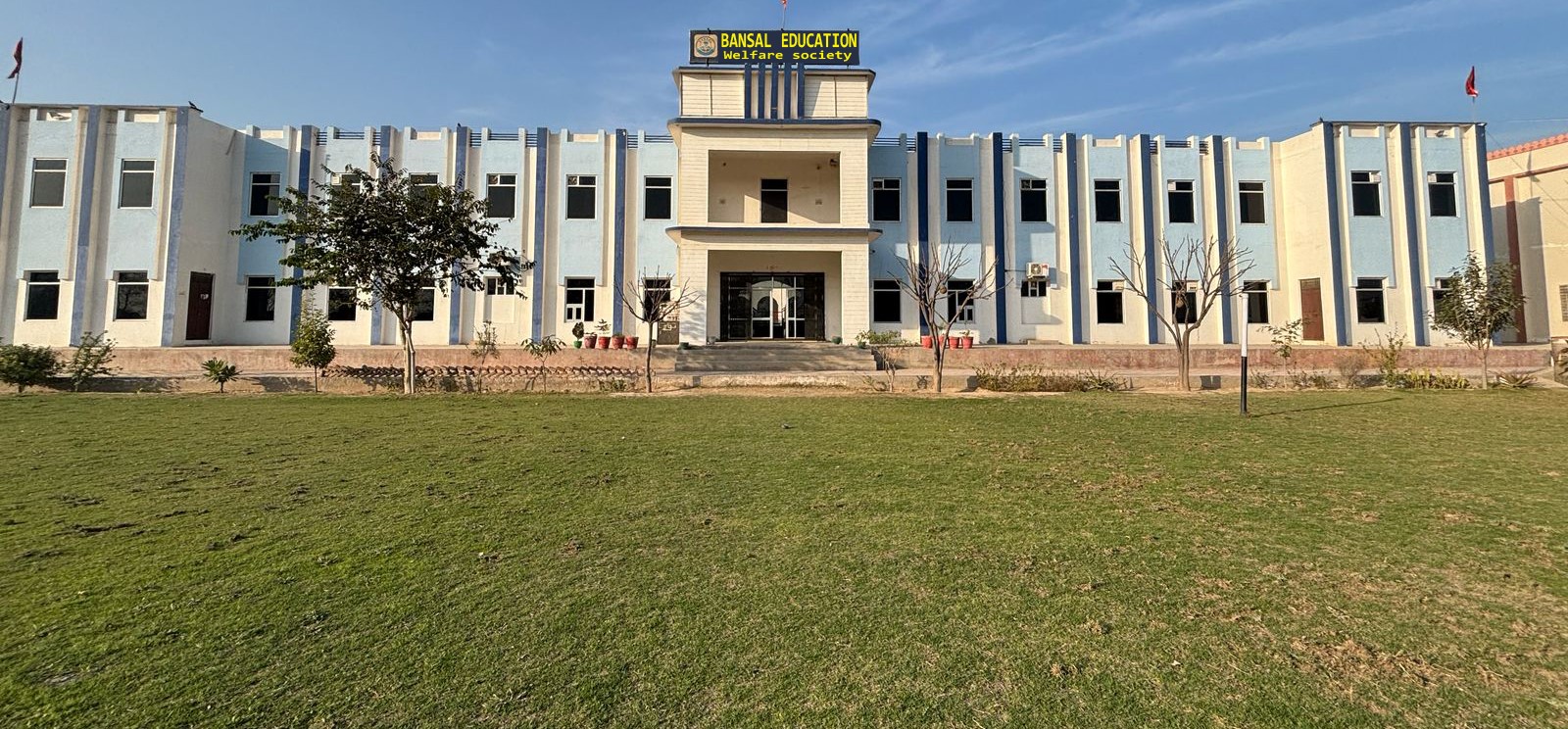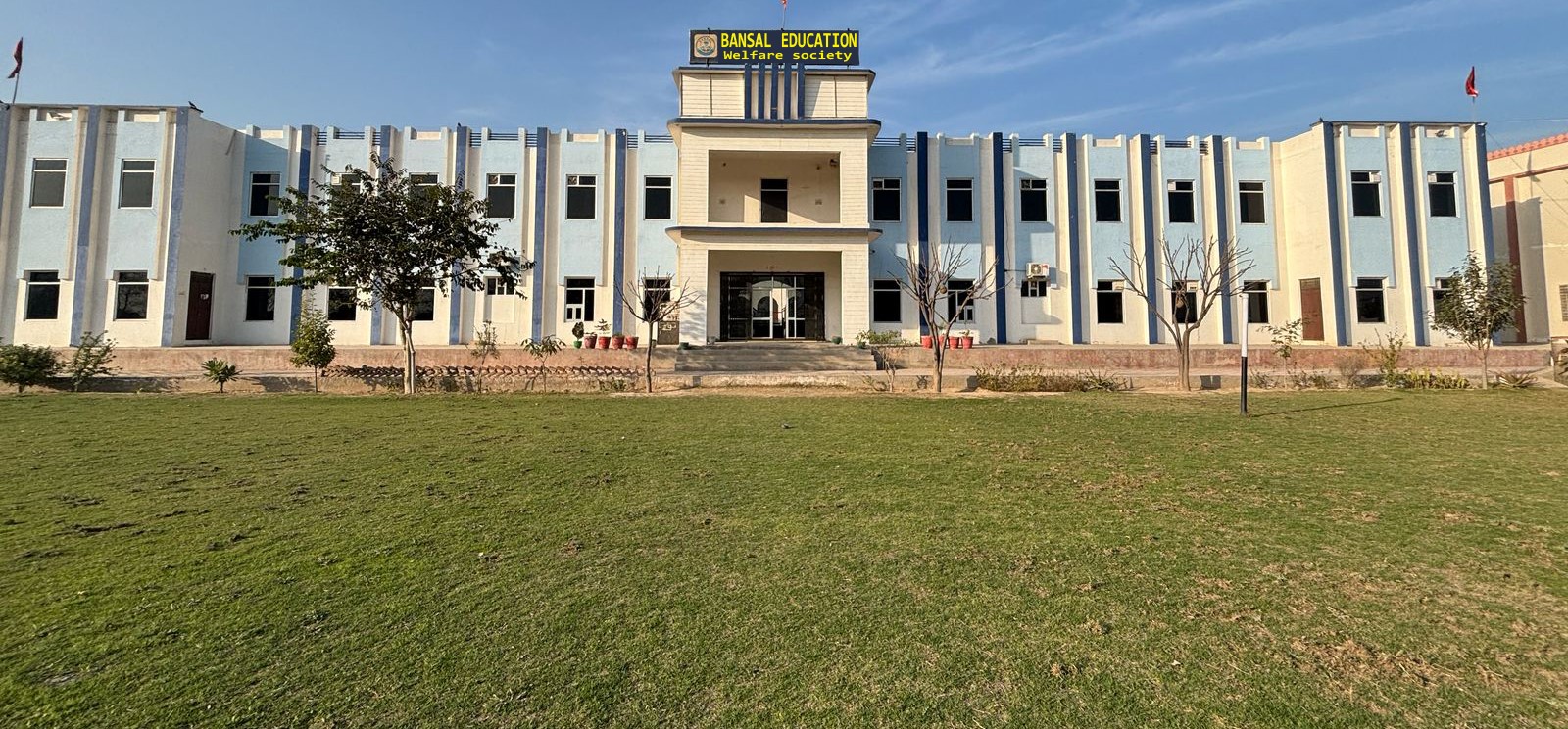Admissions Open at Bansal College of Higher Education! 🎓 Secure your future with top-notch programs and excellent faculty. Limited seats available. Enroll now and shape your career!
Students
1432
Courses
3
Events
42
Trainers
28
Bansal College of Higher Education
ACADEMIC GOALS
This institute aims to provide quality education and train the youth to make world class professional and to place them competitively in the corporate world.
AFFILIATION
The college has its own newly built giant building. UGC, NCTE, University And College Education Directorate, Rajasthan has been built according to the criteria. This building is built on Goluwala-Pakka Saharana road.
FACILITIES
This building has a proper arrangement for library halls, assembly halls, labs, separate common rooms for girl students, canteens and classrooms.
Innovative Teaching Approaches for Holistic Learning
The main objective of each course is to make the pupil teachers independent and to cater to their needs. Some methods like practical, demonstration and some techniques like dramatization, role play, introductory, play method, etc. is used. Also some approaches like evaluative approach, structural approach, and communicative approach are used for instruction.
Sometimes faculty assigns one topic to a group of students and they have to find out subtopics of the main topic to reflect on their previous knowledge; they try to predict events, make or confirm inferences to teach it.
Use of Diverse Teaching Methods
Incorporating practical techniques, demonstrations, dramatizations, role plays, and play methods to enhance learning.
Adoption of Modern Instruction Approaches
Applying evaluative, structural, and communicative approaches to improve teaching outcomes.
Encouragement of Collaborative Learning
Assigning group activities to promote critical thinking, knowledge reflection, and active participation.
Some FAQ’s
Practical teaching methods enhance understanding by providing real-life examples, hands-on experience, and interactive learning. They help bridge the gap between theory and practice, making concepts easier to grasp and retain.
Role play and dramatization make learning more engaging by allowing students to actively participate in the lesson. These methods help develop communication skills, build confidence, and encourage creative thinking by simulating real-world situations.
Group work fosters collaboration, critical thinking, and knowledge sharing. It allows students to learn from each other, explore different perspectives, and develop problem-solving and teamwork skills through active discussions and brainstorming.


